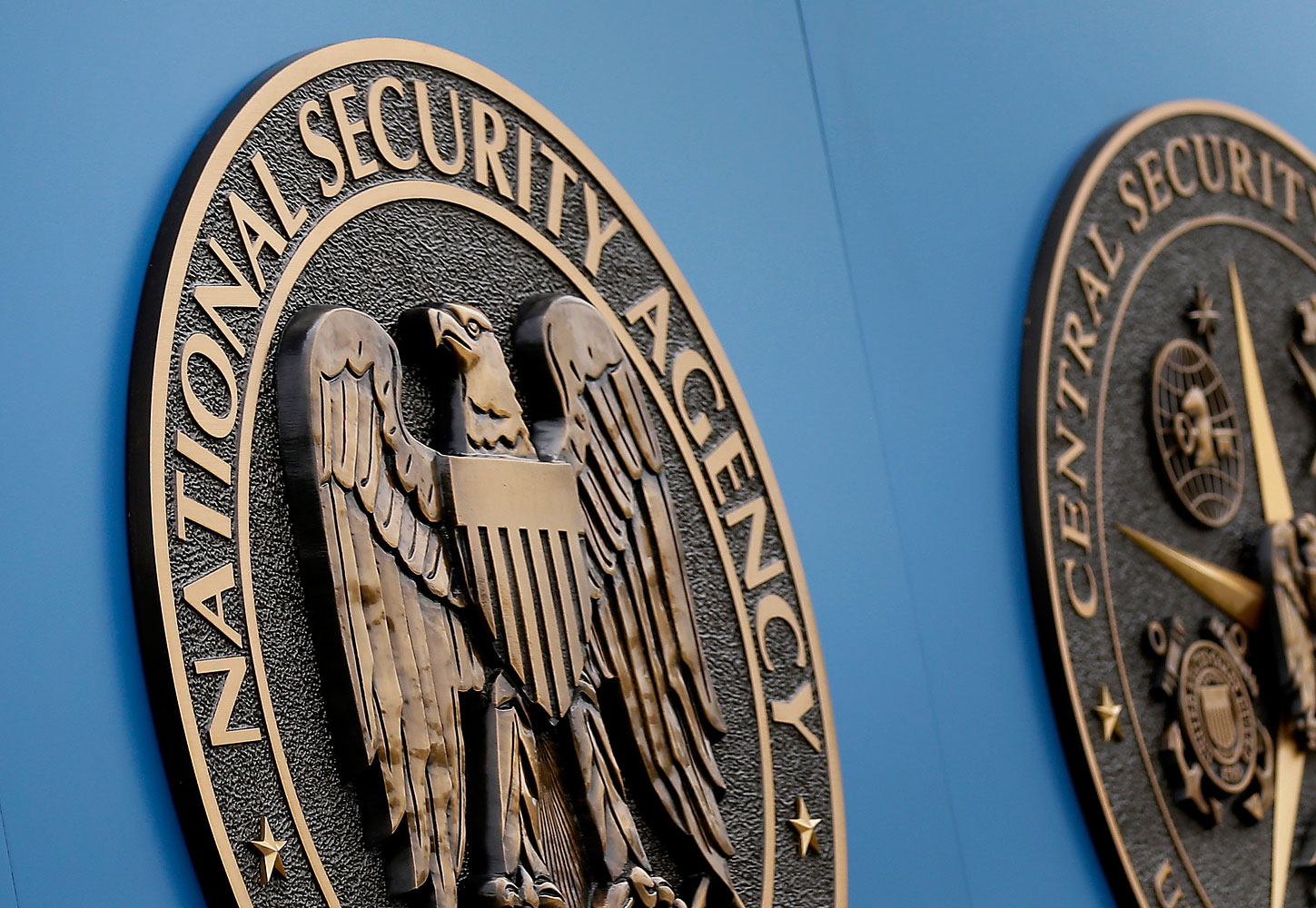
Advocates for reform of the National Security Agency’s domestic surveillance activities cautiously hailed the USA Freedom Act, put forth in the Senate on Tuesday, as a major step in reforming controversial programs at the agency.
“We commend the Senate Democratic and Republican co-sponsors of this version of the USA Freedom Act, which significantly constrains the out-of-control surveillance authorities exposed by Edward Snowden,” said Laura W. Murphy, director of the legislative office of the American Civil Liberties Union. “While this bill is not perfect, it is the beginning of the real NSA reform that the public has been craving since the Patriot Act became law in 2001.”
Introduced by Senate Judiciary Committee chairman Patrick Leahy, Democrat of Vermont, the USA Freedom Act would impose new restrictions on so-called bulk surveillance of American cell-phone records and Internet traffic, banning the practice of vacuuming up all cell-phone metadata from a particular area or phone-service provider, for instance. The legislation also places restrictions on what business records the government can collect, imposes new transparency requirements on the government, and creates a position of a special privacy advocate to represent civil-liberties interests in the Foreign Intelligence Surveillance Court, the secretive body that oversees NSA surveillance activities.
Many in the technology industry, where business has been threatened by investors skittish at NSA snooping on Internet traffic in the U.S., have joined calls for serious NSA reform. Privacy advocates contend that the exposed surveillance efforts also weaken security protocols of American companies.
The bill “would go a long way toward stemming the costs of the NSA’s spying programs and restoring trust in the American Internet industry,” said Kevin Bankston, policy director with the New America Foundation’s Open Technology Institute. “But ensuring that a strong version of USA Freedom becomes law is only the first step toward repairing the damage that the NSA has done to America’s tech economy, its foreign relationships, and the security of the Internet itself.”
Compared with similar legislation passed in May by the House, also called the USA Freedom Act, the Leahy bill goes significantly further in curbing what civil-liberties groups see as extraconstitutional overreach by the NSA since passage of the 2001 Patriot Act gave the spy agency broad new surveillance powers. Privacy advocates pulled support for the House bill before it came to a vote, after substantial changes to the measure gutted the bill of key reform provisions. It’s unclear if the Senate will take up the Leahy bill before the November midterm elections.
More Must-Reads from TIME
- Why Trump’s Message Worked on Latino Men
- What Trump’s Win Could Mean for Housing
- The 100 Must-Read Books of 2024
- Sleep Doctors Share the 1 Tip That’s Changed Their Lives
- Column: Let’s Bring Back Romance
- What It’s Like to Have Long COVID As a Kid
- FX’s Say Nothing Is the Must-Watch Political Thriller of 2024
- Merle Bombardieri Is Helping People Make the Baby Decision
Contact us at letters@time.com